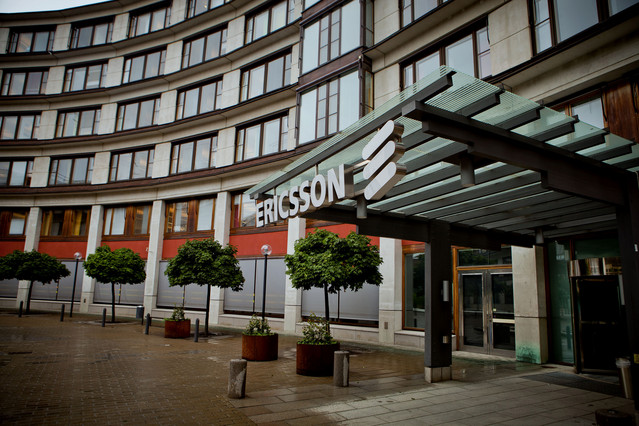Ericsson announced the results of a recently concluded study by the Ericsson ConsumerLab. The analysis covers data about mobile internet users across the Southeast Asia and Oceania region and how this behaviour could affect future trends. In Malaysia, smartphone penetration is currently at 63%, while 39% of the population now own tablets. What is more interesting is how smartphone owners are apparently using their devices.
Continues after the break
The key drivers for smartphone penetration appear to be SMS/Texting (97%), mobile internet (84%) and instant messaging (82%). It’s quite interesting to note that texting is still a highly popular activity; although Ericsson does admit that their numbers are based on the percentage of their sample who send at least one text per week. Although it shouldn’t be too surprising since a text message doesn’t rely on little details like having family or friends who also installed the app.
The popularity of IM service shouldn’t be dismissed either. The activity saw an increase of 48% to overtake social networking as the third largest driver. Afrizal Abdul Rahim, Head of ConsumerLab South East Asia & Oceania, has done to say that 2013 will be the year of instant messaging.
Aside from all this, the message from the report was clear. There is an unmistakable shift to heavier data usage among smartphone owners. More Malaysians use their mobile devices to watch movies than the global average (56% against 38%). Actually, Malaysians make more use of their devices than the global average in all the categories measure except for those that have a relation to business or work.
This increase in mobile usage points to a future of telcos offering better data services, and moving away from the traditional voice/SMS based subscriptions. Todd Ashton, President of Ericsson Malaysia and Sri Lanka, says, “Traffic in mobile networks continues to grow at an impressive rate worldwide. While voice remains a cornerstone of more operators’ service offerings, it is data growth, driven by the uptake of smart devices and app, which is having the most significant impact on networks globally.”
Ericsson’s findings from their June 2013 Mobility Report show that monthly mobile data consumption will quadruple by the year 2018; and reach an average of 2GB per user. It doesn’t sound like a massive increase to the technologically inclined urban youth, but it means that local networks will have a lot of work to do in building a network that is able to support that kind of usage.
Especially due to the findings that 56% of Malaysians use mobile data to watch movies. Cause you know, we love our TV shows.
Follow us on Instagram, Facebook, Twitter or Telegram for more updates and breaking news.



